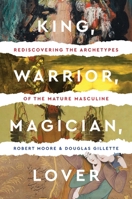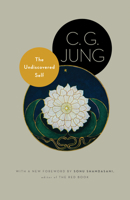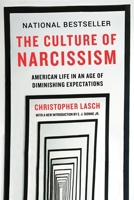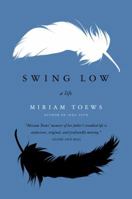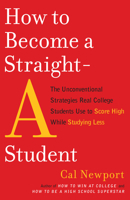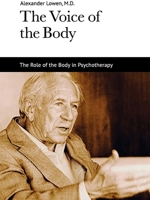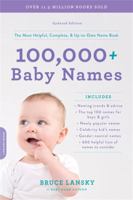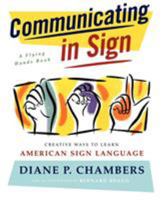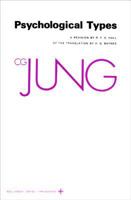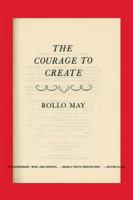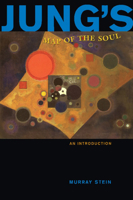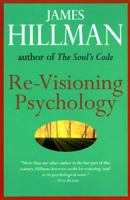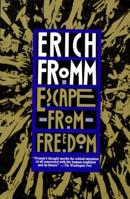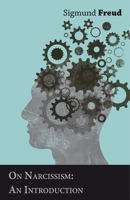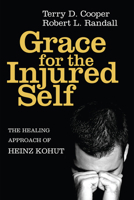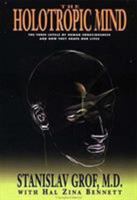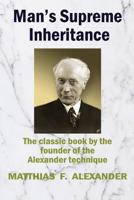Living With Add When You're Not the One Who Has It: A Workbook For Partners
Select Format
Select Condition 
You Might Also Enjoy
Book Overview
Customer Reviews
Rated 5 starsThe book my husband didn't want to read...
At first my husband didn't want to read this book because he thought I was going overboard with buying books about my ADD. Then he saw the picture on the front cover and he said "Nevermind, I'll read it." This book has helped him understand what is going on my mind and why I do the things I do and that it's not something I can just snap my fingers and change. I would recommend this book, especially to other women with ADD...
0Report
Rated 5 starsFINALLY a book made for me!
Reading this sweet little book felt like talking to a friend. The fact is, I'm the one who has to do and remember everything at home and I work full time. I can't depend on my husband for anything. This book made me feel like I'm not alone. It gave me great tips about how to tell my husband what is bothering me and reminded me that I matter too.
0Report
Rated 5 starsThe best book I've read on having a relationship with an ADD partner
This is an easy to read book with real life situations that anyone who is in a relationship with an ADD partner can relate to. It makes you stop and think of yourself for once, which is not easy when your life is in chaos. I now know that I need to think of myself first and that my thoughts and opinions are justified, and I have every right to voice them to my partner.
0Report
Rated 5 starsThis is a much needed resource!
As an ADD Coach and somebody who is very active in the online ADD Community I am aware that partners and spouses of people with ADD need support. Resources that are specfically for Partners of People with Attention Deficit Disorder are far and few between. This book is one of a kind and offers much needed tips and strategies for partners of people with Attention Deficit Disorder.
0Report
Rated 5 starsGreat Resource
This book really helped me. The person who wrote it really understands what it's like to be married to someone with ADHD. It's very easy to read and offers lots of good advice. I highly recommend it to people with ADHD husbands and wives.
0Report












